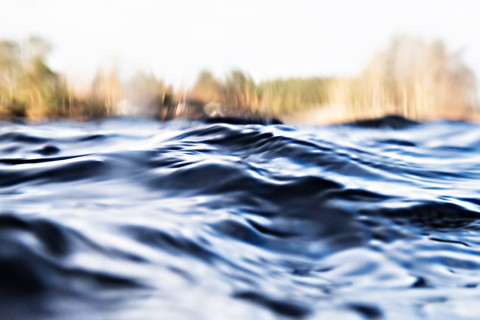The role of public administration and legal regulation plays an important role in the management of common pool resources. However, new and adaptive governance that brings together public and private sector actors and researchers, and which forms a shared knowledge base and goals for the governance of common pool resources, is needed. This is proposed by Professor of Environmental Law Niko Soininen and Professor of Environmental Law Antti Belinskij in a new article published in collaboration with an international team of researchers in PNAS.
“Adaptive governance bridges gaps between traditional public policy and law. Typically, it involves a collaborative process that brings together public and private sector actors and researchers, and which focuses on the protection of, and problems with, the use of natural resources in a specific area. The process charts the area’s specific ecological features, natural resources and interests of different actors, and seeks to form a common understanding of the area’s development within the existing legal framework. On river basin level, for example, such adaptive governance processes can focus on smaller entities, such as the restoration of lakes or rivers. In Finland, Water Vision processes are a good example of adaptive governance,” Soininen and Belinskij assess.
A key concern among the researchers is that adaptive governance processes are not emerging quickly enough to respond to the challenges posed by rapidly changing environment, society and technology. For example, water restoration projects bringing together private and public actors will be increasingly needed in changing climate conditions in order to ensure good water status. The study shows how public authorities can support adaptive governance initiatives and their possibilities to steer the governance of common pool resources.
“Without the support of law and public policy, adaptive governance initiatives are not necessarily socially acceptable, or such that they would guarantee a fair and equitable transition for different groups of people in the midst of changes,” the researchers point out.
In order to take account of the regional differences and specificities of common pool resources, the study proposes long-term research projects for the collaborative generation of knowledge. These projects would speed up the generation of knowledge required by adaptive governance and develop interaction between scientific research and societal stakeholders.
Professor Soininen and Professor Belinskij conducted the work as part the Centre for Climate Change, Energy and Environmental Law (CCEEL) and the Sustainable Co-management of Water Resources and Aquatic Environments (WATER) at the University of Eastern Finland. The study constitutes part of the BlueAdapt project funded by the Strategic Research Council at the Academy of Finland.
Research article:
Barbara Cosens, J. B. Ruhl, Niko Soininen, Lance Gunderson, Antti Belinskij, Thorsten Blenckner, Alejandro E. Camacho, Brian C. Chaffin, Robin Kundis Craig, Holly Doremus, Robert Glicksman, Anna-Stiina Heiskanen, Rhett Larson, Jukka Similä (2021). Governing complexity: Integrating science, governance, and law to manage accelerating change in the globalized commons, PNAS, September 7, 2021 118 (36) e2102798118; https://doi.org/10.1073/pnas.2102798118



